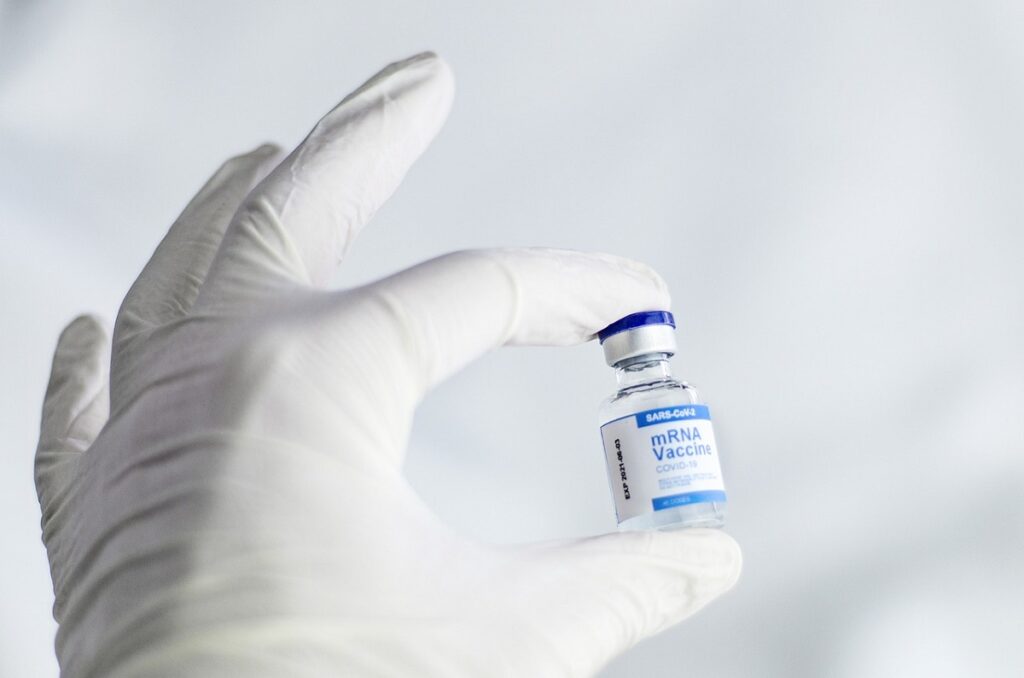With the emergence of COVID-19 and the lack of timely response, the international community instantly realized that a foolproof plan for future pandemics is more than necessary. In fact, corroborating a plan for future pandemics will at least alleviate any upcoming dangerous spread of illnesses and will allow more time to work on safeguarding life worldwide.
Discussions on the architecture for these future pandemic plans have been ongoing, as well as what the first response would be when the planet is faced with new public health emergency. According to a press release by the International Federation of Pharmaceutical Manufacturers & Associations (IFPMA), the pharmaceutical industry is providing a list of five priorities using COVID-19 practices and learned lessons that are essential for developing better strategies for the future.
“A new architecture needs to maintain what has proven to be effective in addressing this pandemic: a thriving innovation environment made possible thanks to unimpeded and swift access to emerging pathogens and an R&D ecosystem supported by a tried and tested intellectual property framework. However, the inequities in access to COVID-19 vaccines, treatments, and diagnostics despite major global efforts must be overcome,” the press release states.
The five priorities from pharma
The five priorities for pandemic preparedness that pharma recommends focusing on are:
- Sustaining a thriving innovation ecosystem that can be counted on to deliver rapid research and development of new pandemic countermeasures, as proposed in the 100 Day Mission, and guaranteeing fast, certain, and unencumbered access to pathogens and their genetic information.
- Establishing a new social contract, as outlined in the industry plan, to reserve a portion of the immediate production of pandemic vaccines and treatments for priority populations in low-income nations and taking steps to make them accessible and affordable.
- Promoting worldwide sustainable manufacturing that can expand for high-volume supply in the event of pandemics.
- Supporting an environment that levels up global health security and an open-border policy without any restrictions that will enable the free movement of vaccines, treatments, and their raw materials and supplies, as well as the movement of people needed to support their manufacturing by sharing technical know-how.
- Aiding ongoing initiatives to improve national preparedness to foresee and respond to pandemics by investing in vital health system components, such as life-course immunization programs.
Berlin Declaration
The IFPMA press release argues that collaboration is what is most important in this sequence highlighting the need for the industry to have a say in the conversation about the global health architecture as well as the financial mechanisms that countries can use to support their health strategies and make their health care systems more resilient to counter any upcoming health challenges.
In the summer of 2022, IFPMA announced the “Berlin Declaration,” a framework to collaborate with the G7 and G20 on a common solution for equitable access to vaccinations and treatments throughout the world in preparation for future pandemics, BioNews reported.
“The declaration underscores the necessity for a strong innovation eco-system, grounded in intellectual property rights, and the removal of trade and regulatory barriers to export,” said a note from IFPMA. “Without robust plans to deliver pandemic vaccines, treatments and diagnostics and care to populations in all countries, attempts to improve equity will falter.”
The Biotechnology Innovation Organization (BIO) has also supported the declaration saying the it “outlines ways to allow governments, industry, scientists, and key stakeholders to act quickly in the wake of health crises.”
WHO pandemic preparedness fund
Last year, the World Health Organization (WHO) announced the formal establishment of a new billion-dollar pandemic preparedness financial intermediary fund (FIF) aimed at strengthening the defenses against pandemics and epidemics.
The new FIF “will provide a dedicated stream of additional, long-term financing to strengthen PPR capabilities in low- and middle-income countries and address critical gaps through investments and technical support at the national, regional, and global levels,” said WHO Director-General Dr. Tedros Adhanom Ghebreyesus at the time.




